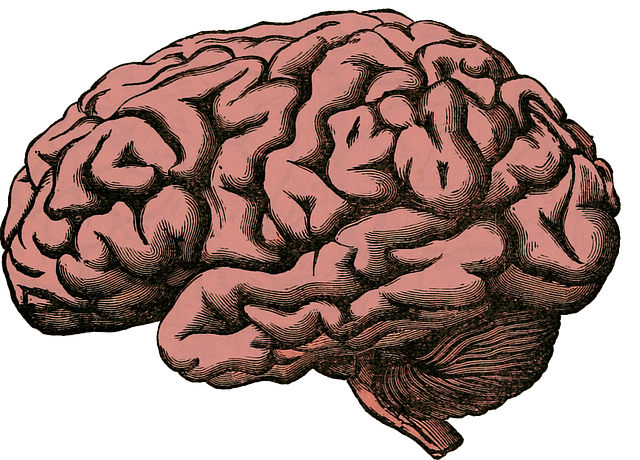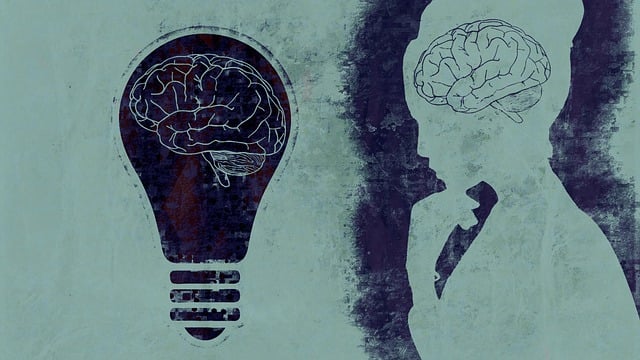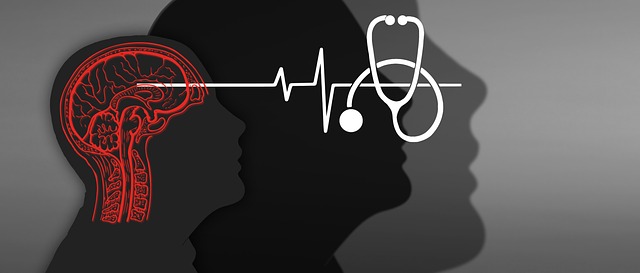Mental health diagnoses in adolescent teens, including anxiety, depression, and cancer-related issues, require early identification through signs like mood swings and concentration difficulties. Therapy such as CBT, support groups, and self-care routines are crucial. Organizations offer stress management workshops for resilience. For teenage cancer patients, tailored therapy addresses specific fears and provides peer support through group sessions. Holistic care plans integrating diverse therapeutic methods cater to unique needs, empowering teens with coping skills and improving recovery outcomes. Mental wellness journaling and Mind Over Matter principles enhance self-awareness and advocacy for emotional well-being during treatment.
Mental illness diagnosis and treatment navigation assistance is crucial for adolescent teens, especially those facing cancer-related psychological impacts. This article guides parents and caregivers through key areas: understanding mental health diagnoses specific to teens, recognizing the unique psychological challenges of young cancer survivors, navigating effective therapy and support services, building comprehensive care plans for optimal recovery, and empowering teens to advocate for their mental wellbeing. By exploring these aspects, we aim to enhance the overall well-being of adolescent teens grappling with cancer issues and their related mental health concerns.
- Understanding Mental Health Diagnoses for Adolescent Teens
- Recognizing Cancer-Related Psychological Impact in Youth
- Navigating Treatment Options: Therapy and Support Services
- Building a Comprehensive Care Plan for Optimal Recovery
- Empowering Teens to Advocate for Their Mental Wellbeing
Understanding Mental Health Diagnoses for Adolescent Teens

Mental health diagnoses for adolescent teens can be a complex and often daunting topic. As young individuals navigate their way through significant physical, emotional, and social changes, they may struggle with various mental health issues that require professional attention. It’s crucial to approach this process with empathy and understanding. Many common conditions include anxiety disorders, depression, bipolar disorder, and schizophrenia, each presenting unique challenges. Early identification is key; signs might include persistent feelings of sadness, extreme fear or worry, sudden changes in mood or energy levels, and difficulties concentrating.
When facing these challenges, therapy for adolescent teens plays a pivotal role. Cognitive Behavioral Therapy (CBT), for instance, has proven effective in treating anxiety and depression by teaching coping strategies and challenging negative thought patterns. Additionally, support groups facilitated by professionals can foster a sense of belonging and empathy building strategies, which are essential for navigating the social aspects of adolescence. Encouraging self-care routine development for better mental health is also vital; this includes regular exercise, adequate sleep, and healthy eating habits, alongside stress management workshops offered by organizations dedicated to teen mental wellness.
Recognizing Cancer-Related Psychological Impact in Youth

Many young people facing cancer often experience significant psychological impacts that require attention and support. The diagnosis and journey through treatment can be emotionally taxing, leading to various mental health challenges specific to this demographic. Therapy for adolescent teens with cancer issues is a critical aspect of comprehensive care, aiming to address these unique concerns.
Cancer-related stress in youth may manifest as anxiety, depression, or even post-traumatic stress disorder (PTSD). Stigma reduction efforts and mental health education programs designed specifically for this age group play a vital role in encouraging open conversations about these issues. By integrating self-care practices into their treatment plans, healthcare professionals can empower young cancer patients to navigate their mental illness with resilience and better coping strategies.
Navigating Treatment Options: Therapy and Support Services

Navigating treatment options is a crucial step for adolescents and teens facing mental illness, especially when dealing with complex issues like cancer. Therapy plays a pivotal role in providing a safe space for individuals to express their emotions, process challenging experiences, and develop coping skills. For teenage cancer patients, specialized therapy can help them cope with the physical and emotional toll of their diagnosis and treatment. This may include individual therapy sessions tailored to address specific fears, anxiety, or depression related to their illness. Additionally, group therapy offers a supportive environment where teens can connect with peers facing similar battles, fostering a sense of community and understanding.
Support services complement therapy by offering comprehensive crisis intervention guidance and compassion cultivation practices. These services aim to empower adolescents with effective coping skills development, enabling them to navigate stressful situations with resilience. By integrating these therapeutic approaches, mental health professionals can holistically support teenage cancer patients in their journey towards healing and well-being.
Building a Comprehensive Care Plan for Optimal Recovery

Creating a holistic care plan is essential for adolescents and teens navigating mental illness, especially those with cancer or related challenges. This strategy involves integrating various therapeutic approaches to support their unique needs. For instance, therapy sessions tailored to this demographic can be life-changing, addressing not just symptoms but also the specific fears and concerns that arise from a cancer diagnosis. Combining individual counseling with group therapy facilitates peer support and enhances coping mechanisms, fostering a sense of community.
The care plan should also incorporate self-care routines designed to prevent burnout among healthcare providers, ensuring they can offer consistent care. This includes encouraging regular exercise, mindful practices for anxiety relief, and adequate sleep—all crucial components of a balanced lifestyle that promote mental well-being. By implementing these strategies, adolescents with cancer or related issues can benefit from improved resilience and enhanced recovery outcomes.
Empowering Teens to Advocate for Their Mental Wellbeing

Empowering teens to advocate for their mental wellbeing is a crucial step in navigating the complex landscape of mental illness diagnosis and treatment. Adolescent cancer survivors, in particular, face unique challenges that can impact their emotional well-being. Therapy for adolescent teens with cancer issues should go beyond addressing physical scars; it must delve into the psychological toll of illness and its aftermath. Promoting emotional well-being through techniques like Mind Over Matter principles and mental wellness journaling exercises can provide these young individuals with powerful tools to manage stress, anxiety, and depression.
By encouraging teens to openly discuss their feelings and fostering self-awareness, they gain a sense of control over their mental health journey. Mental wellness journaling exercise guidance can help them track their emotions, identify triggers, and celebrate victories—all of which are essential components for building resilience. Ultimately, these strategies empower adolescents to advocate for themselves, ensuring that their emotional well-being is an integral part of their overall recovery and growth.
Mental illness diagnosis and treatment can be complex, especially for adolescents facing cancer-related issues. By understanding various mental health diagnoses specific to this demographic, recognizing the psychological impact of cancer, and navigating appropriate therapy and support services, we can empower teens to advocate for their mental wellbeing. A comprehensive care plan that integrates these elements is crucial for optimal recovery, ensuring that young individuals receive holistic treatment tailored to their unique needs.











